By Savyata Mishra
September 2, 2025 – 5:50 AM PDT
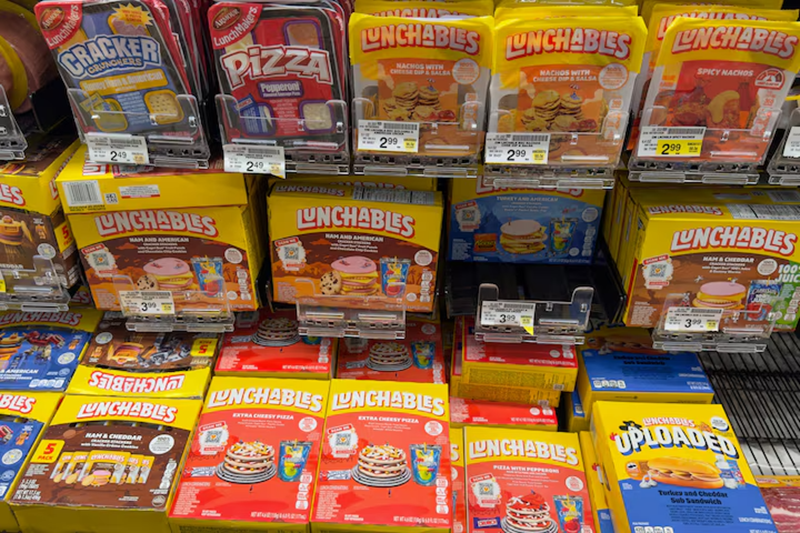 REUTERS/Mike Blake/File Photo
REUTERS/Mike Blake/File Photo(Reuters) – Kraft Heinz (KHC.O) will split into two listed companies, one focused on groceries and the other on sauces and spreads, it said on Tuesday, dismantling a packaged goods giant that never achieved the growth expected when it was formed a decade ago.
The 2015 merger that Warren Buffett’s Berkshire Hathaway (BRKa.N) helped engineer alongside Brazilian private equity firm 3G Capital brought together the iconic Kraft and Heinz brands to create a $45 billion company.
At the time the deal was focused on cutting costs and growing the brands internationally, but since then, the company’s stock has lost about 60% of its value and more recently has seen muted demand as consumers spend less on more expensive, well-known brands.
Advertisement
“The complexity of our current structure makes it challenging to allocate capital effectively, prioritize initiatives and drive scale in our most promising areas,” said Miguel Patricio, executive chair of the Kraft Heinz board.
The spinoff, which is expected to close in the second half of 2026, is also the latest in a series of corporate break-ups and largely anticipated by Wall Street after the company said in May it would look for opportunities to boost shareholder value.
The company’s shares were largely unchanged in premarket trading on Tuesday. They are up about 6% since reports of a spinoff emerged in mid-July.
Late in July, Kraft Heinz reported $9.3 billion impairment losses in the second quarter, citing a sustained decline in its share price and market capitalization.
Last month, Class A shares of Buffett’s Berkshire fell more than 3% as it took a $3.76 billion write-down on its Kraft Heinz stake, an acknowledgment the decade-old investment hasn’t worked out.
The write-down of Berkshire’s 27.4% stake in Kraft Heinz, its second for the company, reflected a significant decline in the value of the investment.
Kraft Heinz Lunchables product shown for sale in a California grocery store
Kraft Heinz-owned Lunchables products are displayed for sale in a grocery store in Encinitas, California, U.S., November, 12, 2024. REUTERS/Mike Blake/File Photo Purchase Licensing Rights
LESS COMPLEX
The split would help “allocate the right level of attention and resources to unlock the potential of each brand,” Patricio said on Tuesday.
The split creates one firm focused on sauces and spreads such as Heinz, Philadelphia and Kraft Mac & Cheese, which had sales of about $15.4 billion in 2024. The other would consist of processed foods and ready meal brands including Oscar Mayer and Lunchables that had about $10.4 billion in annual sales.
The grocery unit will be headed by Kraft Heinz’s current top boss Carlos Abrams-Rivera, while the company seeks potential CEO candidates for the sauces unit.
“The split is good, that it’s going to clarify, allow investors to invest in whichever they want,” Kim Forrest, chief investment officer, Bokeh Capital Partners, Pittsburgh.
“Some people want to have a steadier kind of company and get a higher dividend, and the grocery company would be for them. People that are looking for more growth, the sauces company would be for them. So it does make sense.”
Last week, U.S. soft drinks giant Keurig Dr Pepper (KDP.O) announced an $18 billion takeover of JDE Peet’s (JDEP.AS) that would result in the splitting of the merged entity’s coffee operations and other beverage businesses into two separate publicly listed companies.
The deal also partly reverses a 2018 merger that created Keurig Dr Pepper by combining Keurig Green Mountain and Dr Pepper Snapple.
Reporting by Juveria Tabassum and Savyata Mishra in Bengaluru; Writing by Aishwarya Venugopal; Editing by Sriraj Kalluvila
What do YOU think? Click here to jump to the comments!

 German (DE)
German (DE)  English (US)
English (US)  Spanish (ES)
Spanish (ES)  French (FR)
French (FR)  Hindi (IN)
Hindi (IN)  Italian (IT)
Italian (IT)  Russian (RU)
Russian (RU) .png) 3 weeks ago
3 weeks ago

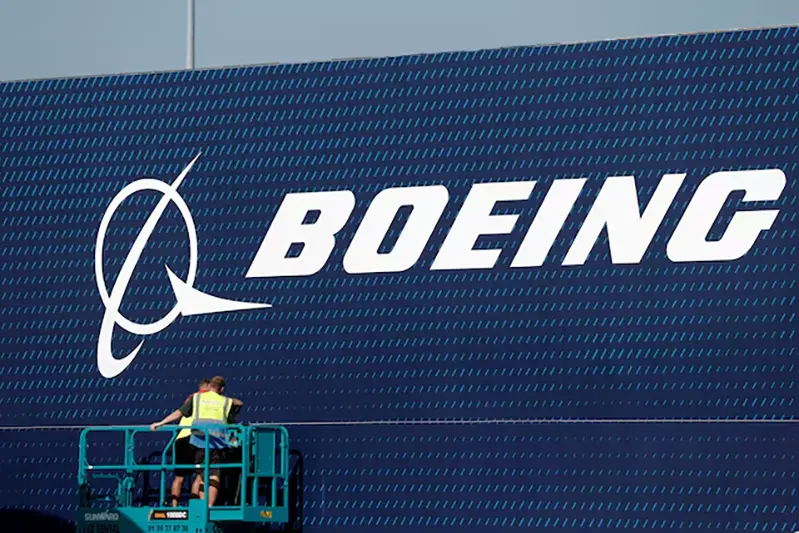
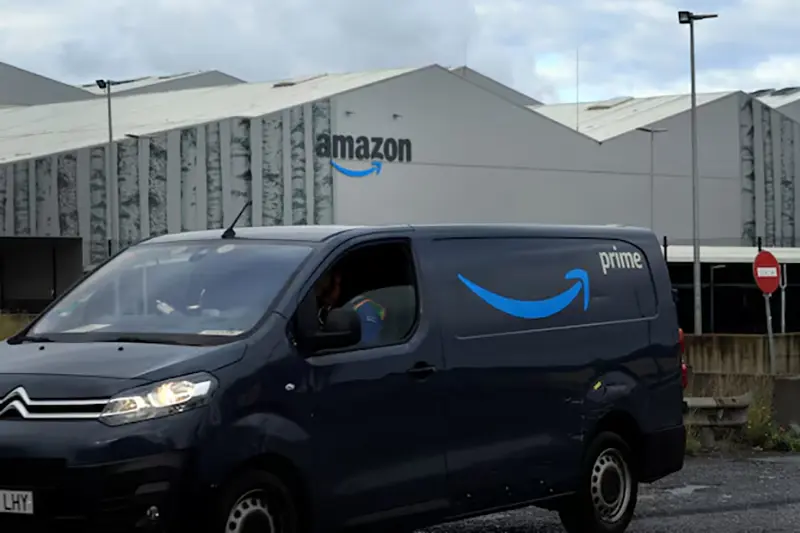

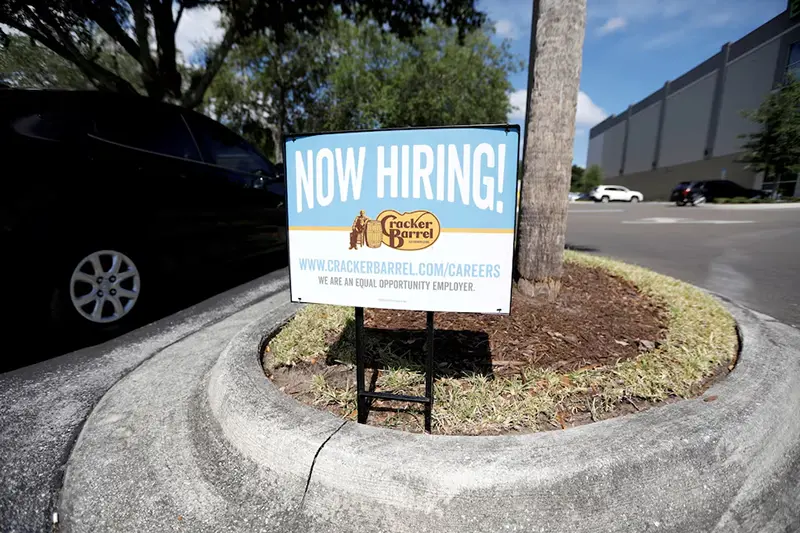

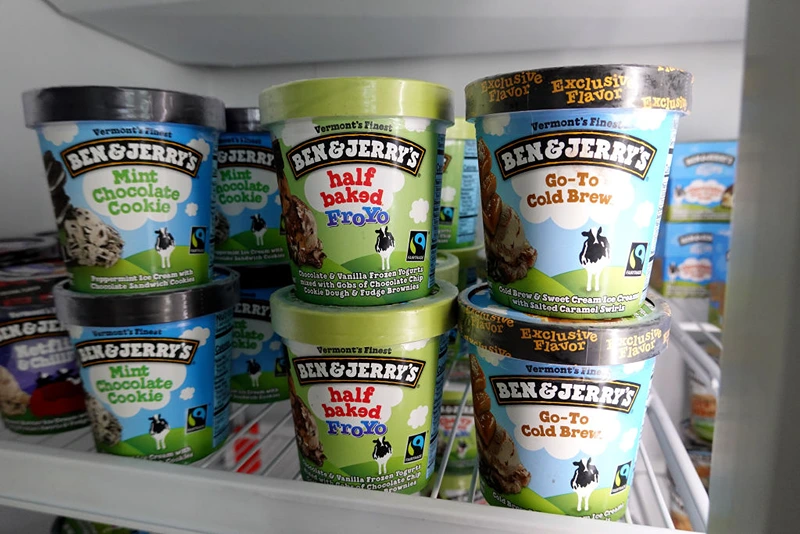
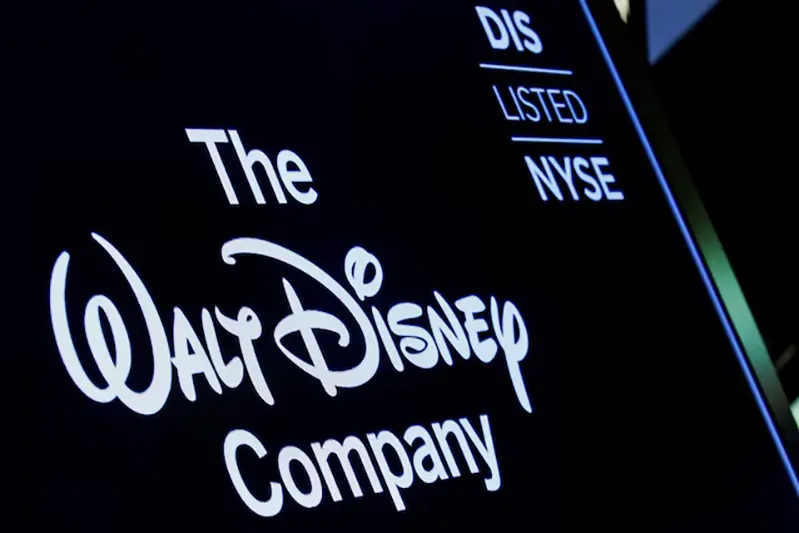
















Comments